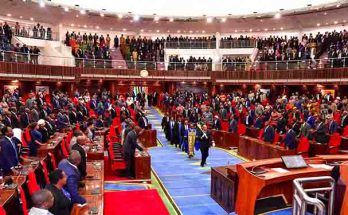 Pune-based Bajaj Auto is spreading its international presence evenly and reducing dependence on traditional high-volume countries such as Sri Lanka and Nigeria.
Pune-based Bajaj Auto is spreading its international presence evenly and reducing dependence on traditional high-volume countries such as Sri Lanka and Nigeria.
Earlier it used to sell about 8,000 commercial vehicles (CV) in Sri Lanka out of its total exports of 20,000 units. In June, of the 21,000 units it exported, the company recorded only 2,000 unit sales in Sri Lanka.
Bajaj Auto has a presence across several countries in Latin America, Africa, Middle East, South and South East Asia.
Its total exports rose 10.48% to 409,525 units as against 370,649 units in the same quarter last fiscal said the company in its latest quarter results declared on Thursday.
Bajaj Auto, which is India’s largest exporter of motorcycles and three wheelers, had early last year entered over a dozen new export markets following a decline in traditional export destinations due to certain political and economic uncertainties. The company expects the new markets to help grow export volumes 13-15% over a period of next few years.
Meanwhile, Bajaj Auto reported 19.51% year-on-year decline in consolidated net profit to Rs 836.79 crore for the April-June quarter on account of lower sales.
Total income from operations during the quarter under review stood at Rs 6,177.66 crore as against Rs 6,355.84 crore in the April-June quarter of 2016-17. The domestic industry, it said, was impacted during the June quarter of 2017-18 due to the changeover from BS-III to BS-IV vehicles and transition to the new Goods and Services Tax. Total vehicles sales during the quarter declined 10.68% to 888,434 units as against 994,733 units in the corresponding period of last fiscal.
With regard to GST, Bajaj Auto said, “For dealers holding stocks as on June 30, estimated loss per motorcycle was around Rs 1,400 as CST, auto cess, entry tax in certain states and local body tax would not be eligible for set-off under rules for transition to GST.”
The company said it provided for Rs 32 crore towards compensation to the dealers for the transition to GST. Competition continued to build stocks at the dealerships, and hence in June performance measured on wholesale numbers was negative for the company and reflected a lower market share, it said.



